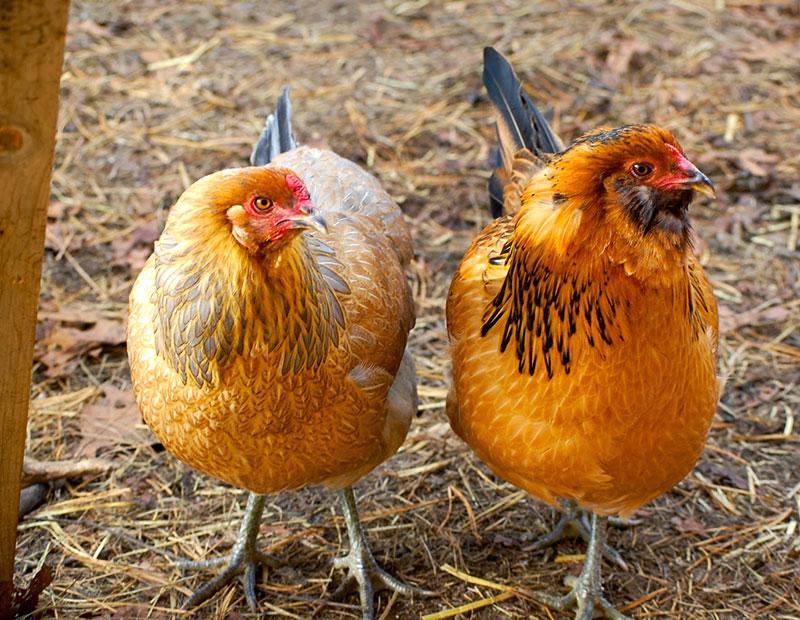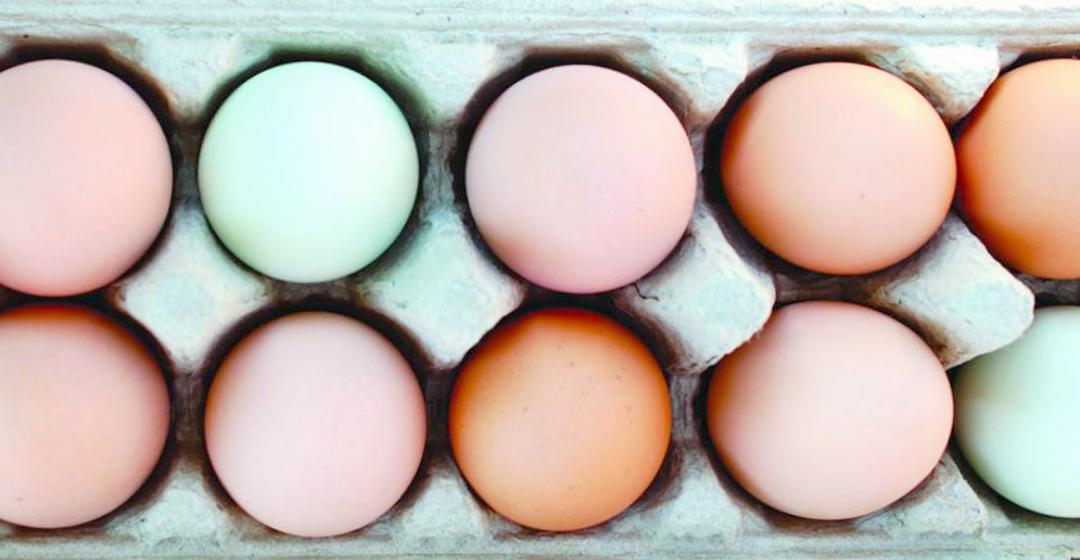Got eggs?” If you were a farmer with a farm stand on Martha’s Vineyard this summer, that just might have been the question you dreaded most from customers. Because (though you may remember the summer of 2015 somewhat differently than I in years to come), it actually was the Summer of the Great Vineyard Egg Shortage, as one of our customers put it to me.
Now that I’ve pointed this out, I have to tell you that it isn’t entirely true. Yes, it was very, very hot, and many of our Island laying hens were very, very put out by the steamy temperatures inside their coops. Why bother to wander inside from those shady pastures, where scratching a dust bath in the cool dirt seems highly preferable to well, you know, laying an egg?
Amazingly, though, quite a few of those hens kept at it. So while there were days when the egg count was lower than we wished, the reality was that the demand way surpassed the supply. Even if every Island Club card–carrying hen laid an egg every day of the summer, there wouldn’t be enough to feed the up-Island house-guest count, much less every mouth that spends the summer on Martha’s Vineyard.
With those kind of odds, we actually had people screech down the driveway, jump out of their cars, and race each other to the egg refrigerator at our farm stand. Some days it wasn’t pretty. (The eggs went out by 8:30 and were usually gone by 10:30.) So what is it about a farm-fresh egg that is so alluring? (Before I answer, I will reassure you that, as you read this, the supply is up, demand is down, and fall is a fabulous time to enjoy local eggs – before the daylight wanes and the hens get persnickety again.)
The two factors that most affect the flavor and texture of an egg are age and diet. So while the average grocery store egg is between three and six weeks old, an egg bought from a farmer in high season will be less than twenty-four hours old, and even during less busy times, probably fewer than two or three days old. A fresh egg has a very plump yolk and firm whites.
A farm hen’s diet, like any hen, starts with grain and water, but it will be augmented by what she eats while outside the coop in an enclosed pen or in a pasture. Many people think pastured hens eat a lot of grass, but chickens aren’t ruminants like sheep and cattle, so while they’ll nibble on anything green, what they’re really scratching around for is bugs and seeds. They love worms and caterpillars, and they do a mean job of cleaning up weed seeds. Many farms treat their chickens to vegetable waste, too – a very efficient form of composting. Ours particularly like over-ripe cherry tomatoes.
As a result, a farm hen (depending on the time of year) will usually lay an egg that has a yellower yolk, due to the beta-carotene in the forage they eat. And studies have shown that these yolks are actually higher in vitamin A, vitamin D, and omega-3s than those of grocery store eggs, which typically (though not always) come from factory-raised hens. And yes, they have a deeper, slightly richer flavor.

Now, while I’m clearing things up here, let me answer one other very common question, “Do I have to refrigerate my eggs?” The answer completely depends on whether the egg has been washed or not. When Miss Henny Penny lays her egg, her efficient little egg system automatically coats the egg with a “bloom,” a sort of protective membrane that helps to keep dirt and bacteria from making its way through the porous shell. When the egg is washed, the bloom is rinsed off. So an egg that has been washed needs to be refrigerated. (Eggs should always be washed in water that is warmer than the temperature of the egg; this will encourage the pores in the shell to close up rather than expand.) Even unwashed, eggs will last longer if refrigerated.
These days there seems to be a zealous faction of unwashed/unrefrigerated-egg lovers. (“Well, the Europeans don’t refrigerate their eggs!”) If you have your own hens, you can certainly make that call for yourself. But most egg farmers are going to wash their eggs for consistency’s sake. And there isn’t any mysterious health benefit to unwashed eggs.
Before I venture into the realm of Too Much Chicken Information (TMCI), let me quickly say that you could learn all this if you got your own laying hens. Fresh eggs in your backyard, no stalking of chicken farmers, instant compost, and so much more. Heck, you could probably get your neighbors to invest in the up-front expenses if you guarantee them eggs in August. Don’t go crazy, though – I can tell you from experience that having five hens is a lot more fun than having five hundred.
Until then, enjoy your local eggs every which way you please this fall, starting with an easy and delicious savory bread pudding that even uses that kale you’ve got leftover in your garden.
The following recipe was published along with this article, Mini Savory Bread Puddings with Tuscan Kale, Bacon, & Cheddar.







